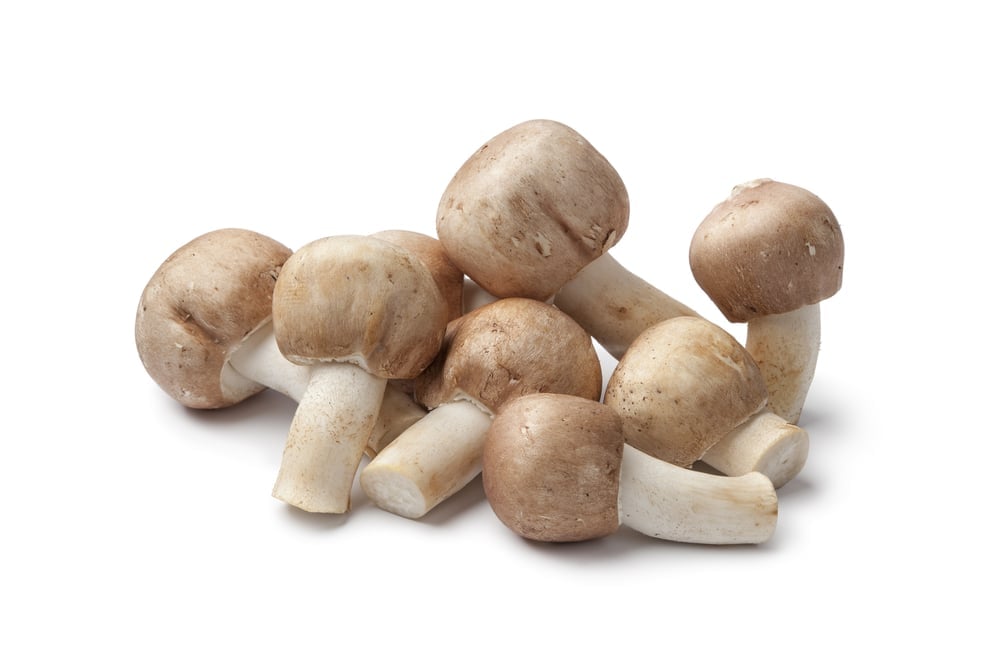
Introduction to Agaricus Subrufescens Spawn
Agaricus subrufescens, commonly known as almond agaricus or almond mushroom, is a unique mushroom species prized for its sweet almond aroma and nutty flavor. This guide covers everything you need to know about agaricus subrufescens spawn, including how to cultivate almond agaricus mushrooms successfully in garden compost and outdoor beds.
Understanding Almond Agaricus Mushrooms and Their Benefits
Almond agaricus mushrooms not only offer delightful flavor but also possess notable health benefits. Rich in proteins, minerals, and bioactive compounds, these mushrooms have been used in traditional medicine and are gaining popularity for their immune-boosting properties.
Choosing the Right Spawn: Almond Agaricus Sawdust Spawn and Other Options
Selecting high-quality almond agaricus sawdust spawn is crucial for successful cultivation. This section explains the types of spawn available, how to handle fresh spawn, and the importance of avoiding refrigeration to maintain mycelium viability.
Preparing the Compost Bed and Substrate for Optimal Growth
Almond agaricus thrives in fully finished compost and decomposed plant matter. Learn how to prepare your compost bed with the appropriate bed depth and moisture levels, and how to perform the squeeze test to ensure ideal substrate conditions.
Building and Laying Out Almond Agaricus Beds in Garden Compost
Discover how to construct almond beds using garden compost and companion plants like tomatoes and leafy greens. This section explains the benefits of planting in well cared for beds and how to arrange spawn in a grid pattern for even mycelial growth.
Inoculation Process: Introducing Almond Agaricus Spawn to the Bed
Step-by-step instructions on inoculating your compost bed with agaricus subrufescens spawn, including spawn rates per square foot and techniques to cover spawn with a thin layer of compost or casing layer to encourage fruiting success.
The Role and Application of an Optional Casing Layer in Mushroom Cultivation
Explore how a casing layer made of peat moss and hydrated lime can improve humidity and protect mushroom mycelium during fruiting stages. Learn when and how to apply this thin layer for best results.
Managing Mycelial Growth and Monitoring White Mycelium Development
Tips on maintaining optimal conditions such as temperature, moisture, and shade to promote vigorous mycelial growth. Understand how to identify healthy white strands of mycelium running through your composted substrate.
Creating Optimal Conditions: Temperature, Humidity, and Light for Fruiting
Almond agaricus prefers warmer temperatures and high humidity, often thriving in greenhouses, high tunnels, or shaded outdoor beds. This section outlines how to replicate these conditions to maximize mushroom fruiting.
Recognizing and Supporting the Fruiting Stage and Baby Mushrooms Emergence
Learn how to spot the first flush of baby mushrooms and care for them during the critical fruiting stage. Tips include maintaining high humidity and avoiding direct sunlight to encourage robust mushroom development.
Harvesting Fresh Mushrooms: Timing and Techniques for Best Flavor and Quality
Guidance on when to harvest almond agaricus mushrooms, typically just as the veil beneath the cap starts to open. Proper harvesting promotes continued growth and ensures the best flavor and texture.
Extending the Growing Season with Greenhouses and High Tunnels
Discover how utilizing greenhouses and high tunnels can protect your almond agaricus beds from cold snaps and extend the growing season in cooler climates or during unpredictable weather.
Companion Planting: Enhancing Growth with Suitable Plants
Information on companion plants that benefit almond agaricus cultivation by providing shade and maintaining humidity, including tomatoes, chard, and leafy vegetables.
Troubleshooting Common Issues in Agaricus Subrufescens Cultivation
Identify and resolve common problems such as substrate drying, contamination, or poor mycelial growth to ensure consistent mushroom production.
Conclusion: Enjoying the Rewards of Growing Almond Agaricus Mushrooms at Home
Summarize the benefits of cultivating agaricus subrufescens spawn and encourage readers to start their own almond agaricus beds for fresh mushrooms and health benefits.
Masterful Display
Each and everyone of our products are deeply considered, labored over, and improved upon time and time again. We invite you to experience the difference of our carefully crafted small batches of herbal support items. Whether it be our tea line, produced for a delightful experience, or our tincture blends and extracts, we have what you need.

